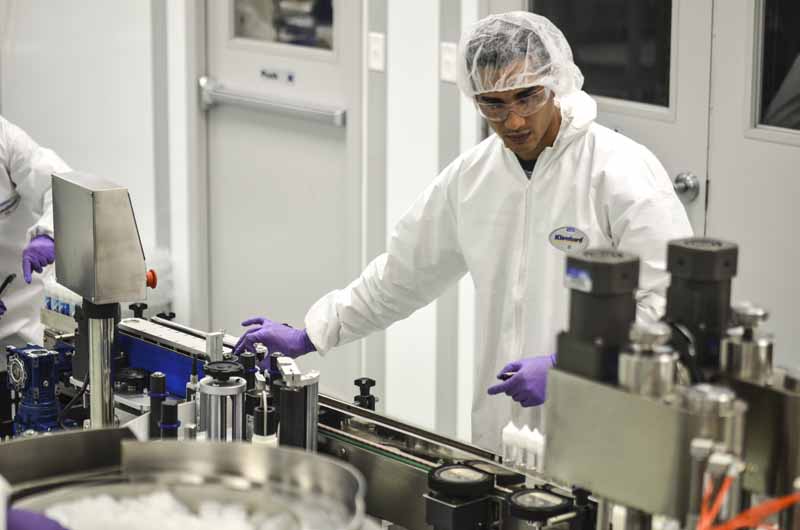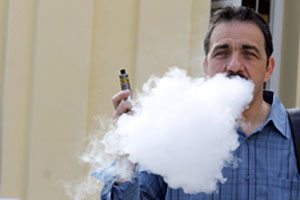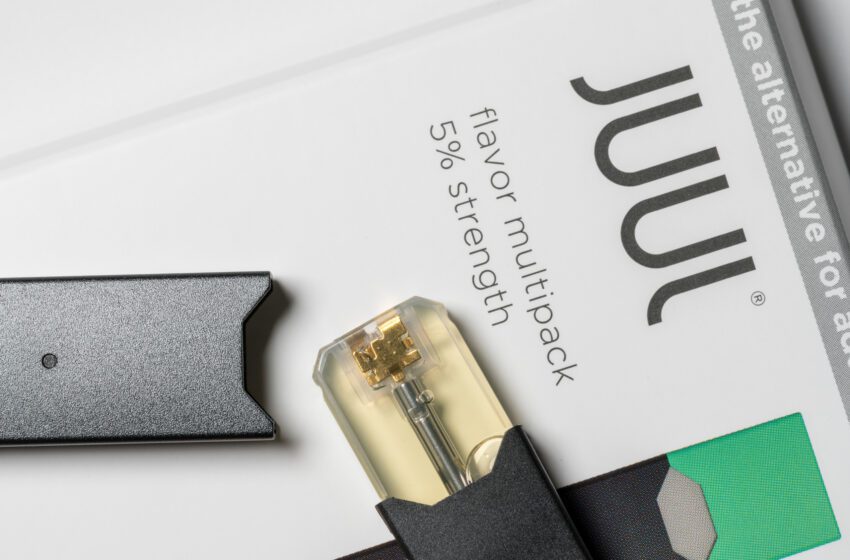In an effort to balance the Illinois state budget, Gov. J.B. Pritzker has set his sights on vapor products.
Specifically, Pritzker is calling for a 36 percent tax to the wholesale price of e-cigarettes, the same rate the state taxes the wholesale price of tobacco products other than cigarettes, according to an article in the The State Journal-Register.
The administration is projecting the tax on e-cigarettes will generate $10 million a year. How reliable the revenue source will prove to be is still to be determined. There are only nine states that apply an excise tax to e-cigarettes now, although a number of others have bills pending this year to tax them, according to the article.
The Smoke Free Alternatives Coalition of Illinois, which represents e-cigarette makers, said a tax on the devices will be a blow to public health.
“The governor’s proposed tax would do nothing more than create another hurdle for adults who are trying to quit smoking,” said coalition president Victoria Vasconcellos. “Studies have shown vaping products are among the most useful tools to help adult smokers quit traditional cigarettes. With vaping products proven to be 95 percent less harmful than traditional cigarettes, it seems unethical to tax a person for making better, healthier choices.”
The American Lung Association in Illinois works to get people to quit smoking and is supporting a bill this year to raise the age to 21 to legally buy tobacco and vaping products, according to the article.
Kathy Drea, vice-president of the association, said the organization supports taxing e-cigarettes.
“E-cigarettes are classified as a tobacco product,” Drea said. “Very recently the surgeon general and the FDA released information about the fact that e-cigarette use among youth is now at epidemic levels. E-cigarette use in Illinois is virtually unregulated. We would 100 percent support taxing e-cigarettes and licensing the retailers.”
The cumulative effect is that people will be enticed to go across state lines to find cheaper products, the article states.
Jon Sharp, operations manager of Upper Limits Midwest, which sells e-cigarettes and vaporizers, said the possibility of an e-cigarette tax was something the store expected, but still not something the store was super excited about.
“We’d prefer to see the government implement policies to encourage small businesses,” he said. One concern he has is the possibility of losing business to online and out-of-state stores.
“You’re further driving business out of Illinois while we’re already losing people,” he said. “I can’t see how this will solve Illinois’ problems; it seems to me we should be trying to attract more jobs and more revenue to the state, not driving out people already here.”
Sharp said the store is planning on negotiating with vendors to make prices lower for customers, in addition to offering a rewards programs to counteract the effect if the tax were to be put into place.









